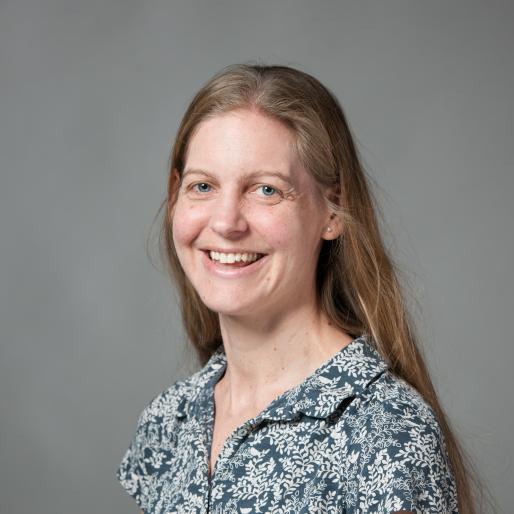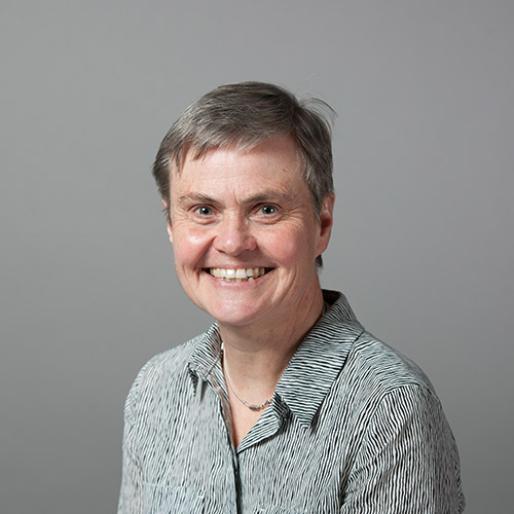The big picture: using wildflower strips for pest control
Researchers struggling to sift through mountains of apparently unconnected information in scientific publications now have a new set of tools at their disposal that can match up information on completely unrelated species according to research published today in the journal eLife.
This will be especially useful for scientists studying interactions between pathogens and hosts that lead to disease, as it will allow them to more quickly investigate how such interactions are taking place right down to the molecular level.
Researchers at Rothamsted Research, in collaboration with the University of Cambridge, developed a set of software tools that allow researchers to select information from a scientific publication, collect that information in one place (such as a database) and ensure that the information is represented using standard terminology. The team tested the framework using the Pathogen–Host Interactions Database (PHI-base) as a case study. The team also created a new concept of multispecies genotype – the metagenotype – to help capture changes in both the pathogen’s ability to cause disease, and the host’s ability to resist disease.
“The amount of data being produced in some areas of genomics is increasing dramatically each month,” said Dr Alayne Cuzick, who led the study. “The sheer quantity and complexity of this deluge creates huge challenges for researchers, particularly if they are looking for interactions between completely unrelated species, as is often the case when studying disease-causing pathogens and their hosts.”
The researchers found that existing software tools for curating peer-reviewed literature in the life sciences were designed solely for a single species, or closely-related species (for example, fruit flies). No tools were available to curate interactions between multiple different species, particularly pathogens and their hosts. Therefore, there was no support for databases like PHI-base, which curates knowledge from the text, tables and figures published in over 200 journals.
“The vast amount of data exploring interactions between species is dispersed across hundreds of different journals – many of which require expertise in highly specialised terminologies and concepts,” said Dr Cuzick. “Furthermore, the data are often represented in non-standard formats making it difficult for both researchers and machine learning systems to access. However, across the research community we are fully committed to making this data FAIR: Findable, Accessible, Interoperable and Reusable. This new tool will help us to achieve just that.”
It is also hoped that these new tools could be used by researchers in other disciplines to compare and contrast interactions across multiple species at different scales (microscopic and macroscopic).
“Ultimately, this should assist the development of new approaches to reduce the impact of pathogens on humans, livestock, crops and ecosystems, thereby reducing disease, whilst increasing food security and biodiversity,” said co-author Dr Kim Hammond-Kosack.

POST-DOCTORAL RESEARCH SCIENTIST/ PHI-BASE BIOCURATOR

Molecular Plant Pathologist
Rothamsted Research is the longest-running agricultural research institute in the world. We work from gene to field with a proud history of ground-breaking
discoveries in areas as diverse as crop management, statistical interpretation and soil health. Our founders, in 1843, were the pioneers of modern
agriculture, and we are known for our imaginative science and our collaborative approach to developing innovative farm practice.
Through independent research, we make significant contributions to improving agri-food systems in the UK and internationally, with
economic impact estimated to exceed £3 bn in annual contribution to the UK economy. Our strength lies in our systems approach, which combines strategic research,
interdisciplinary teams and multiple partnerships.
Rothamsted is home to three unique National Bioscience Research Infrastructures which are open to researchers from all over the world:
The Long-Term Experiments,
Rothamsted Insect Survey and the
North Wyke Farm Platform.
We are strategically funded by the Biotechnology and Biological Sciences Research Council (BBSRC), with additional support from other national and
international funding streams, and from industry. We are also supported by the Lawes Agricultural Trust (LAT).
The Biotechnology and Biological Sciences Research Council is part of UK Research and Innovation, a non-departmental public body funded by a grant-in-aid
from the UK government.
BBSRC invests to push back the frontiers of biology and deliver a healthy, prosperous and sustainable future. Through our investments, we build and support a vibrant,
dynamic and inclusive community which delivers ground-breaking discoveries and develops bio-based solutions that contribute to tackling global challenges,
such as sustainable food production, climate change, and healthy ageing.
As part of UK Research and Innovation (UKRI), we not only play a pivotal role in fostering connections that enable the UK’s world-class research and innovation system
to flourish – we also have a responsibility to enable the creation of a research culture that is diverse, resilient, and engaged.
BBSRC proudly forges interdisciplinary collaborations where excellent bioscience has a fundamental role. We pioneer approaches that enhance the equality, diversity,
and inclusion of talent by investing in people, infrastructure, technologies, and partnerships on a global scale.
The Lawes Agricultural Trust, established in 1889 by Sir John Bennet Lawes, supports Rothamsted Research’s national and international agricultural science through the provision of land, facilities and funding. LAT, a charitable trust, owns the estates at Harpenden and Broom's Barn, including many of the buildings used by Rothamsted Research. LAT provides an annual research grant to the Director, accommodation for nearly 200 people, and support for fellowships for young scientists from developing countries. LAT also makes capital grants to help modernise facilities at Rothamsted, or invests in new buildings.